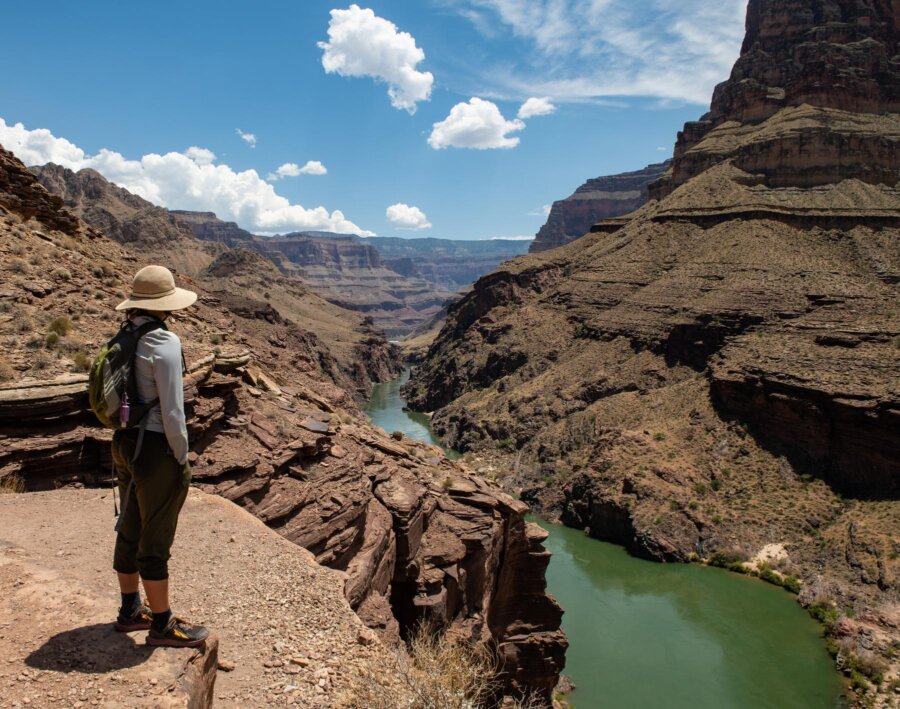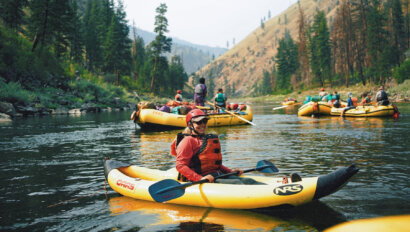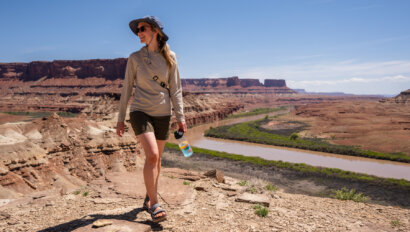
5 of the Best Grand Canyon River Hikes
The author who wrote the book, “Grand Canyon River Hikes,” shares his top five picks. Because after all, Grand Canyon trips are all about the hiking.
Video
About Damn Time
About Damn Time honors the trailblazing women who navigate Grand Canyon’s iconic rapids in handcrafted, hard-hulled dories and have carved their place in a traditionally male-dominated world. Told through the […]

Sign up for Our Newsletter










